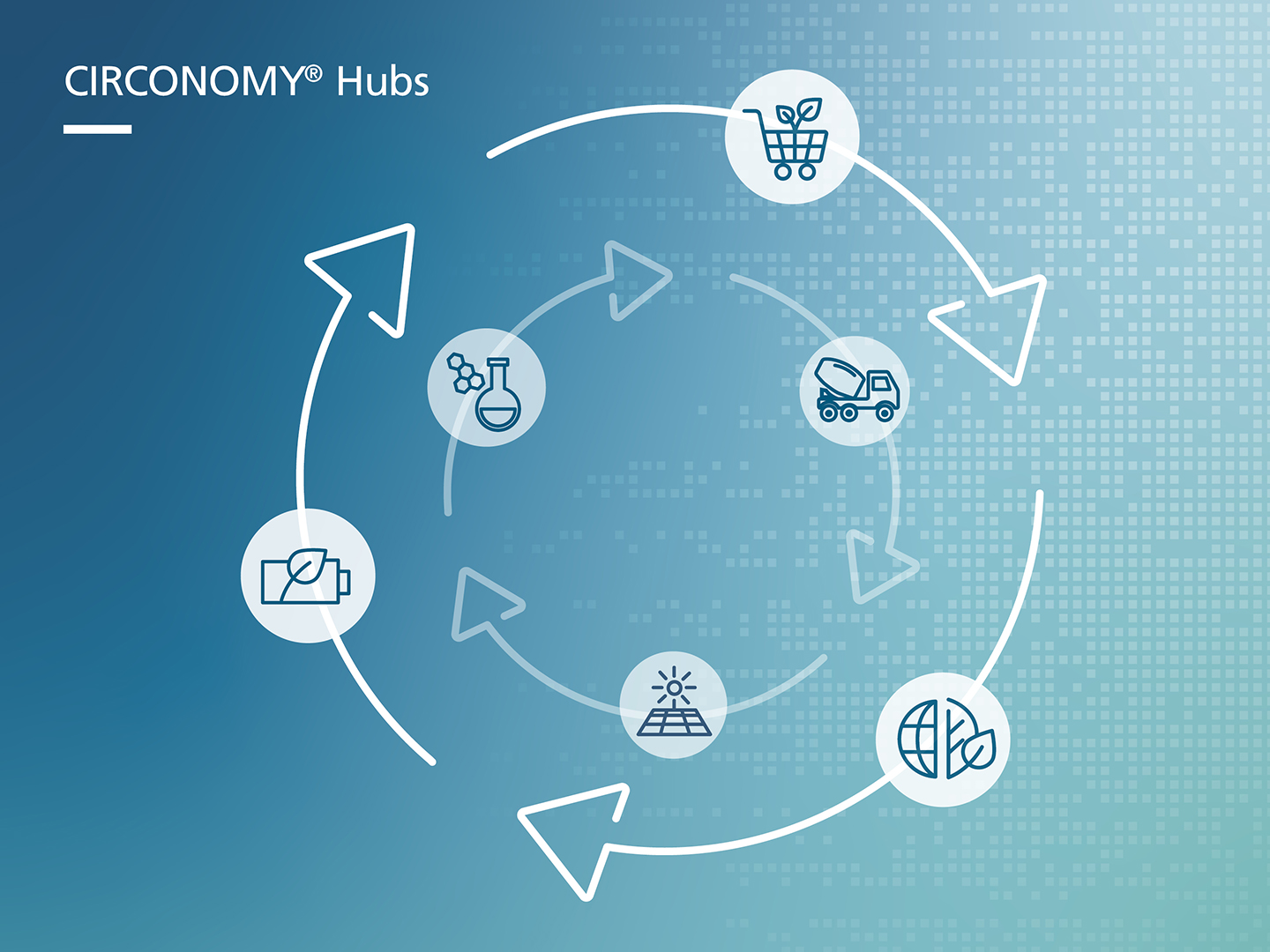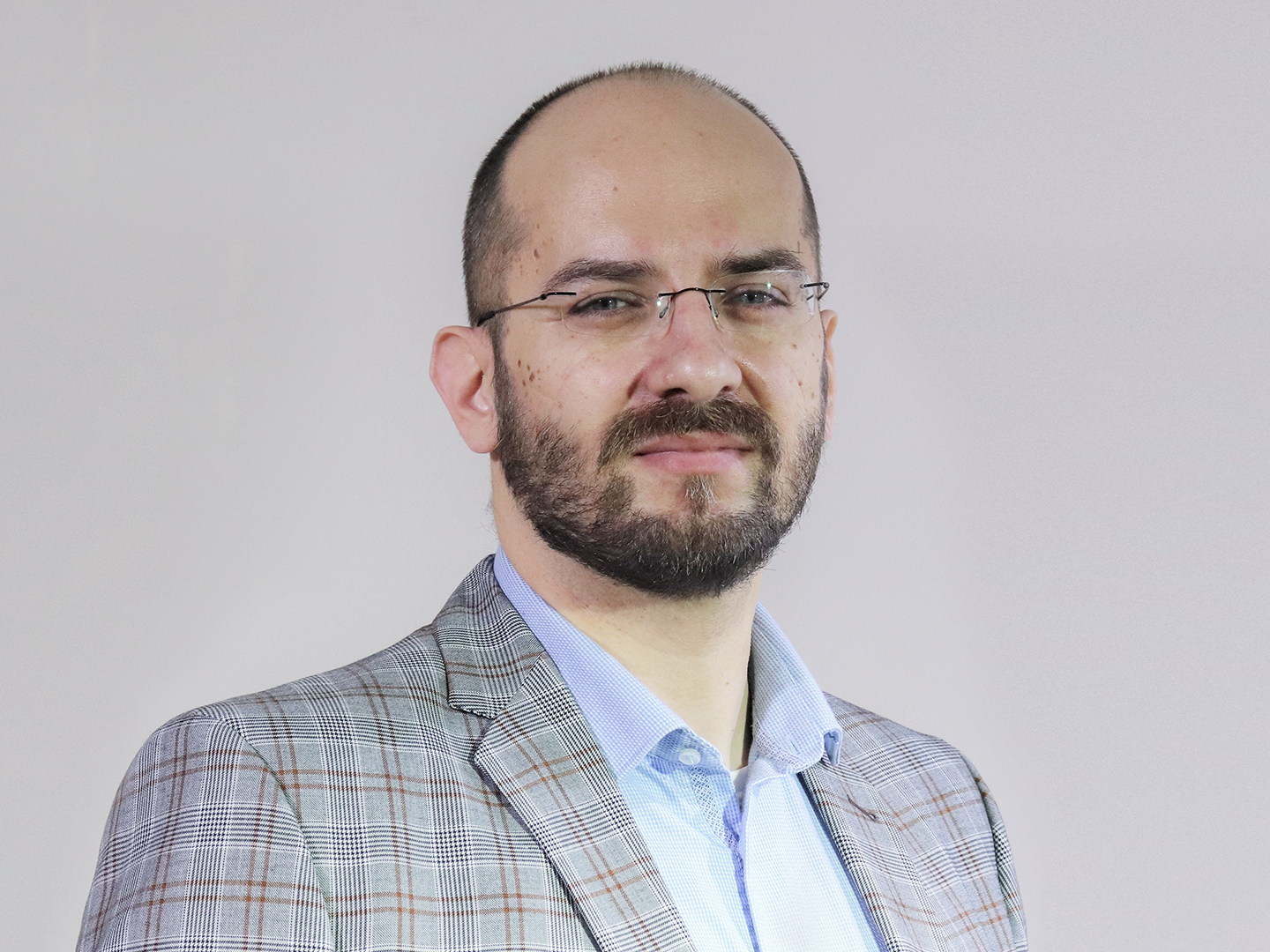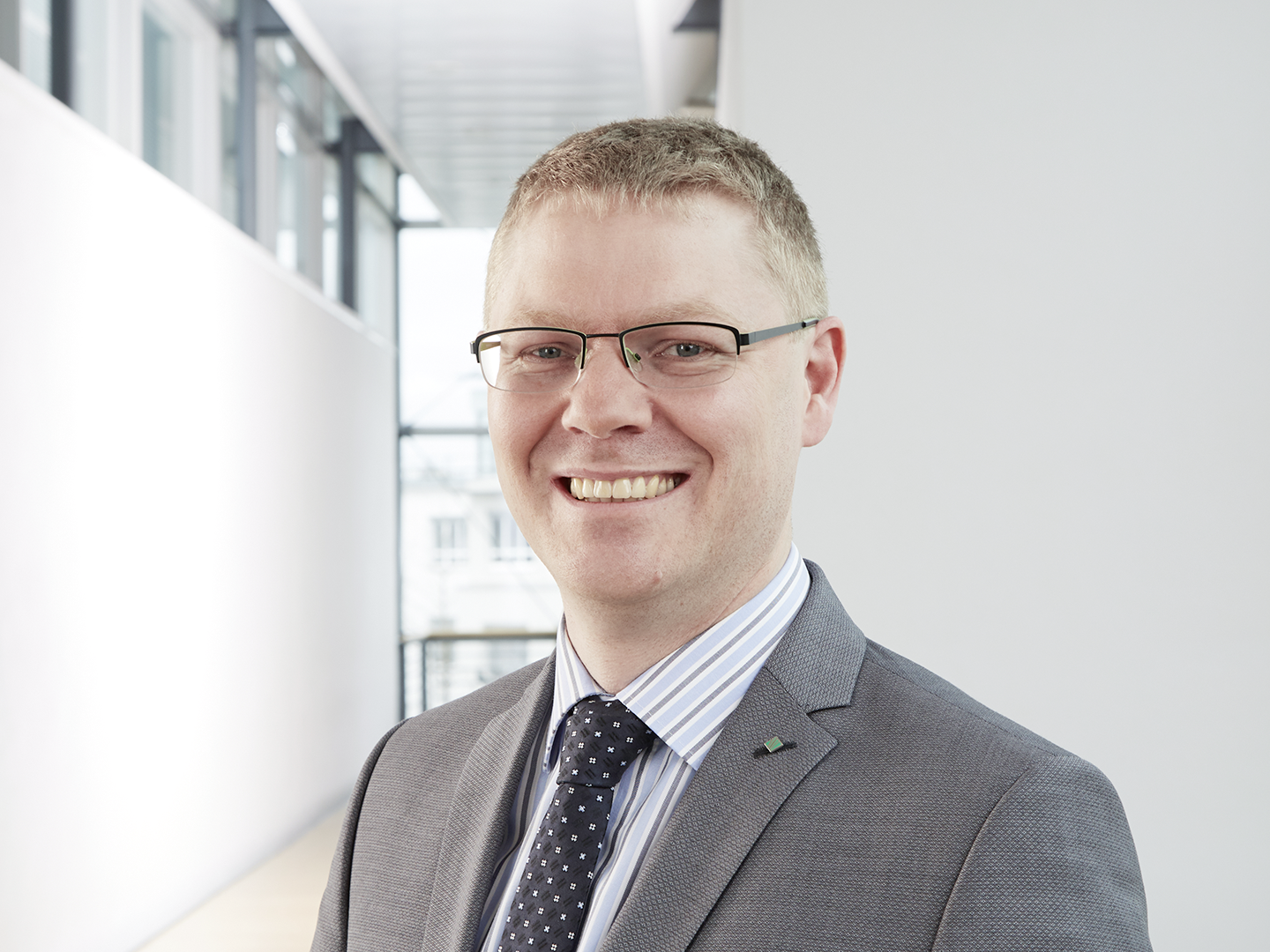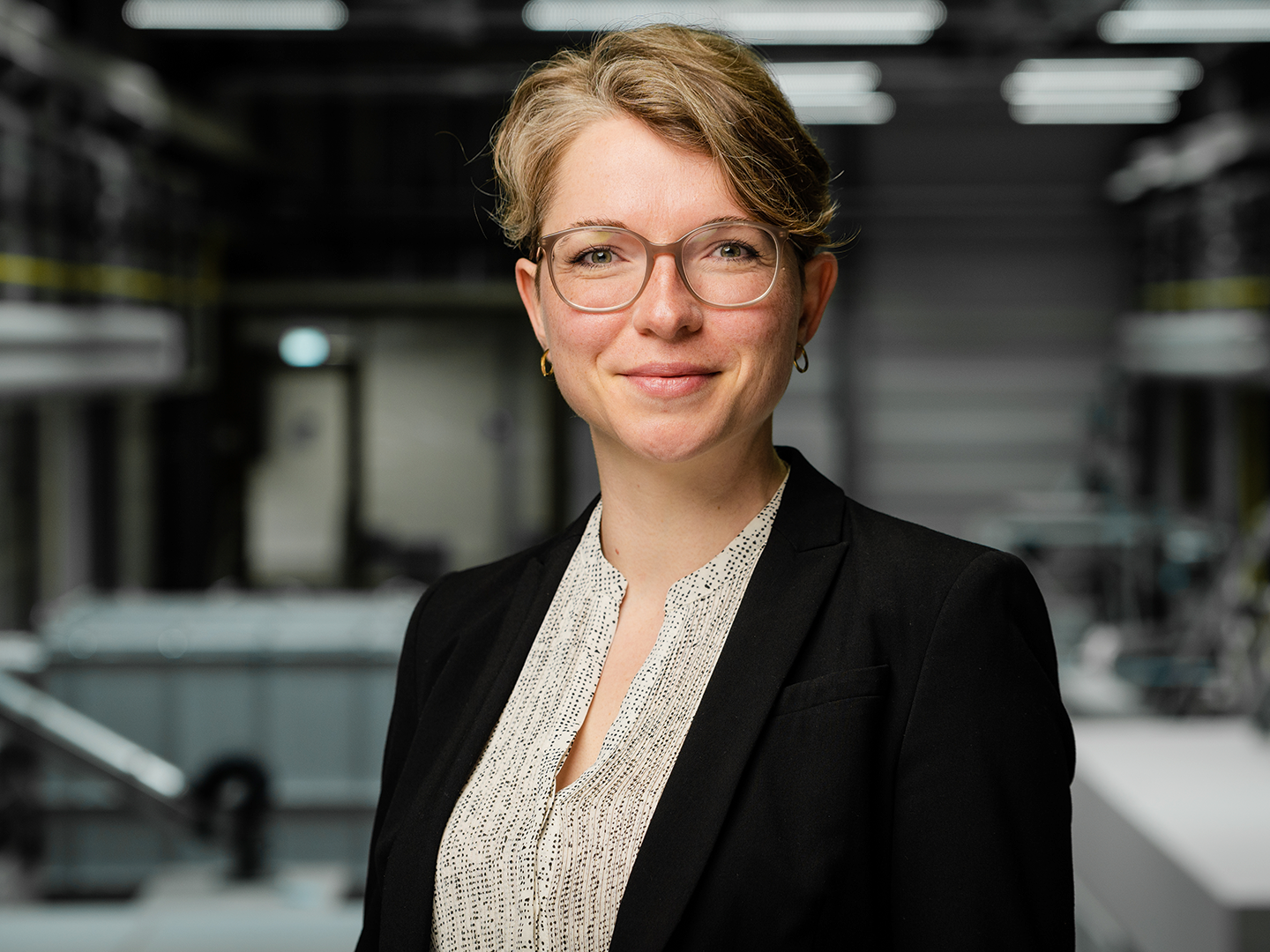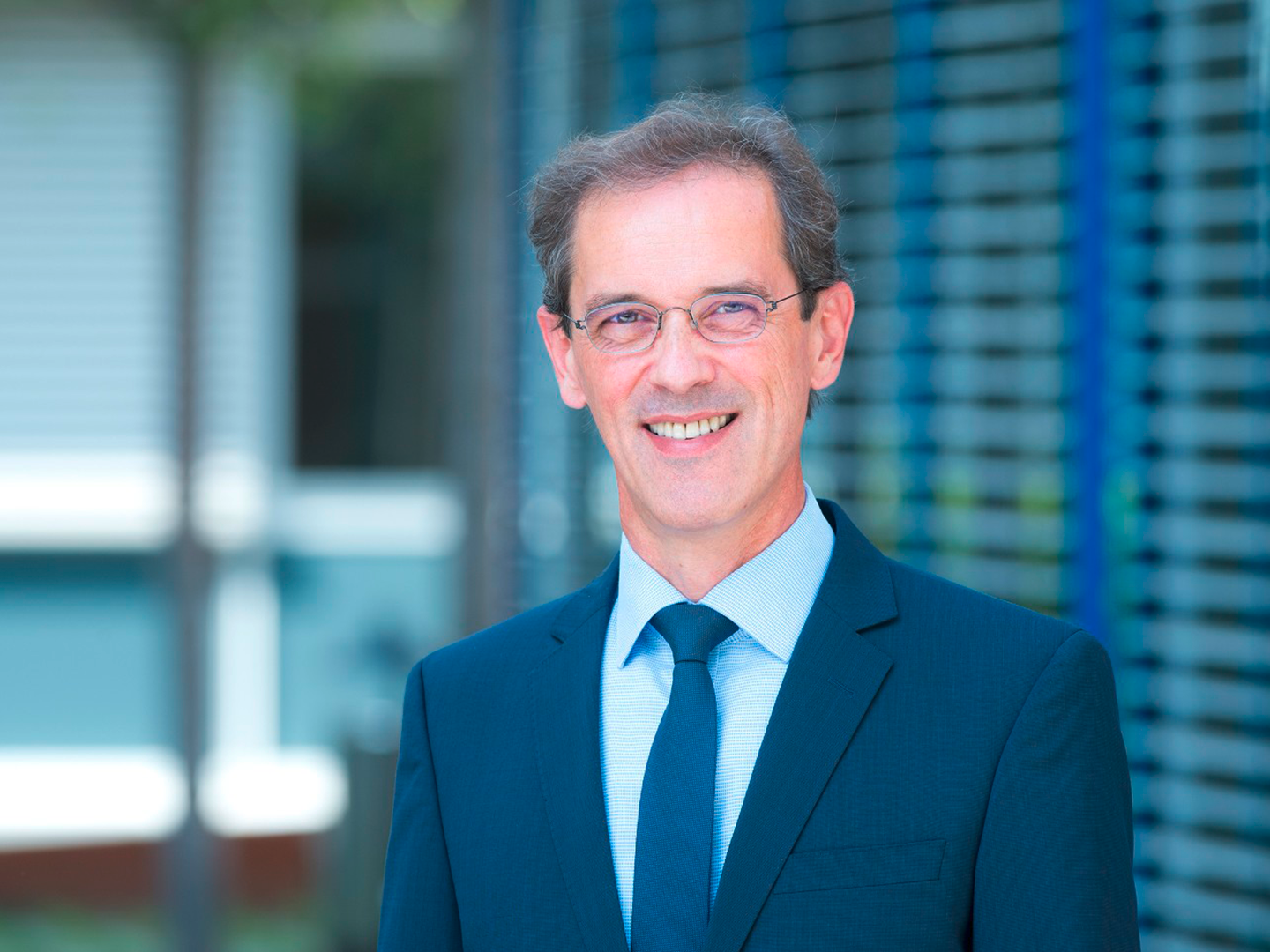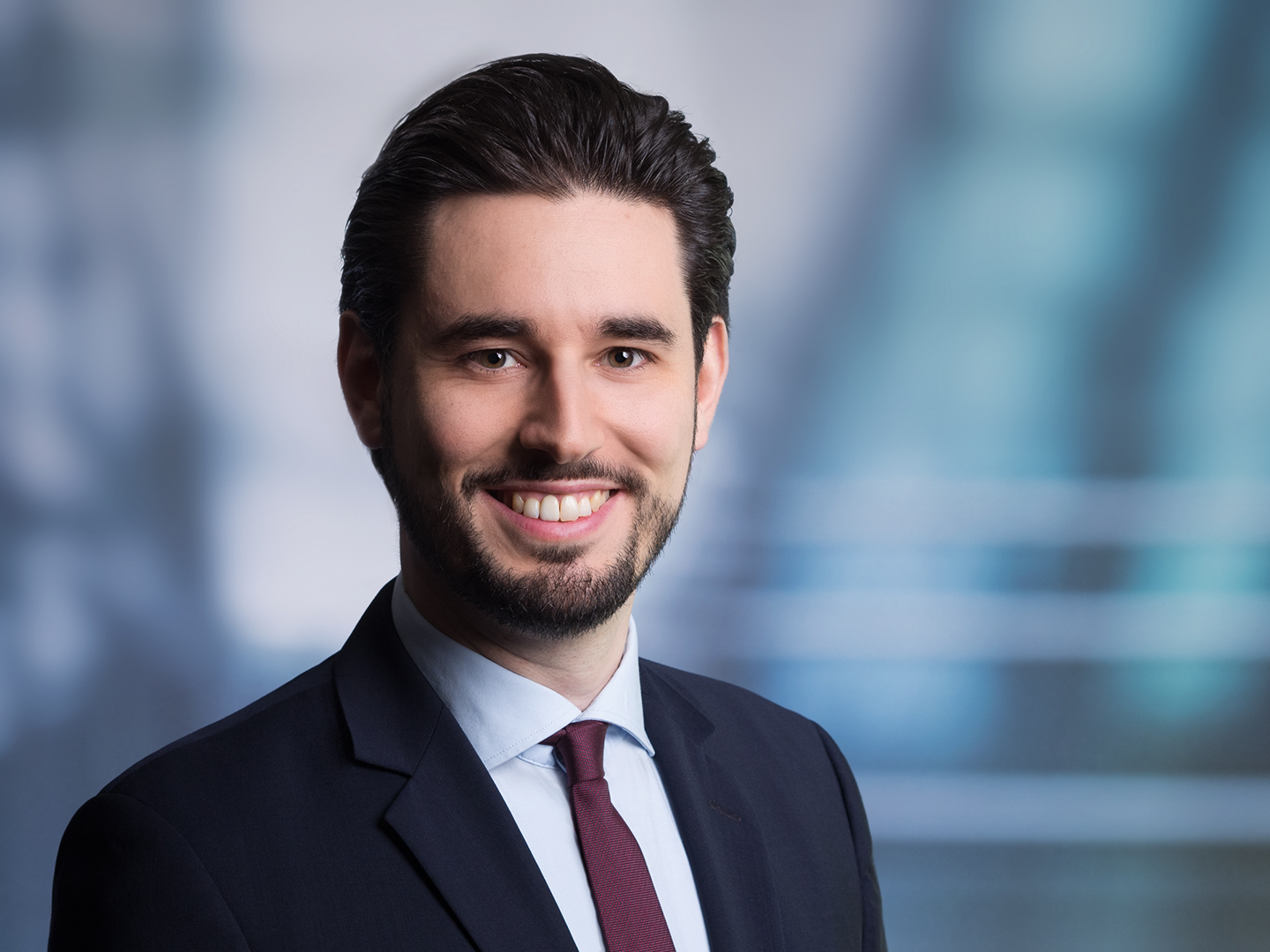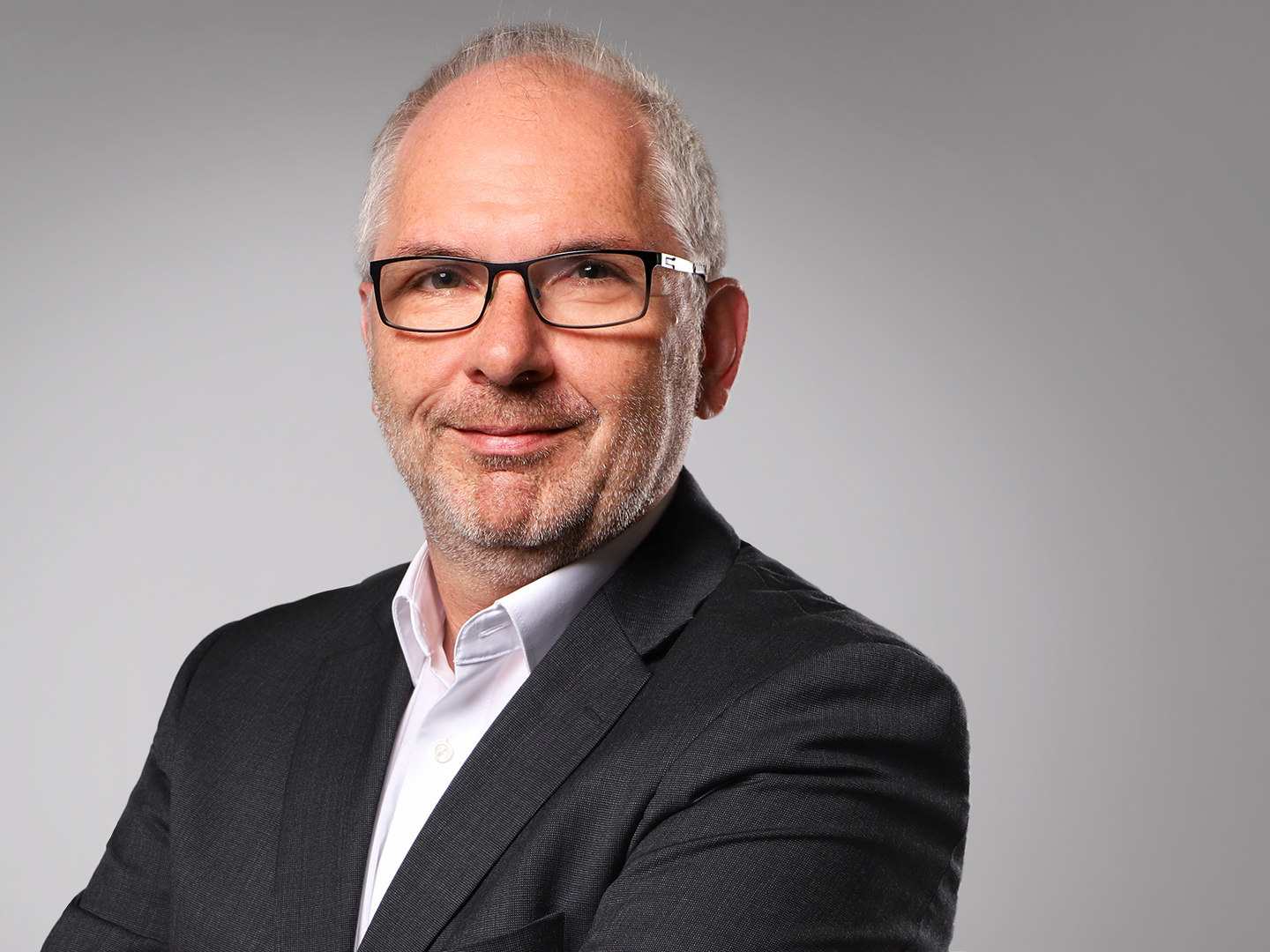Sustainable Design of Geosynthetics and Roof Underlayments Made from Recyclates
Press release from 05.01.2026
Is it possible to recover plastic recyclates from previously unused waste streams in order to produce high-quality fibers and films? How can bio-based polymer fibers be manufactured so as to allow adjustable biodegradability? These are the questions being addressed by researchers from the Fraunhofer Cluster of Excellence Circular Plastics Economy CCPE in the Zirk-Tex project. As an alternative to mechanical processes, they are jointly developing innovative recycling methods for the production of sustainable roof underlayments and geosynthetics. This involves the analysis of the entire value chain at pilot scale.
 Fraunhofer Institute for Environmental, Safety and Energy Technology UMSICHT
Fraunhofer Institute for Environmental, Safety and Energy Technology UMSICHT